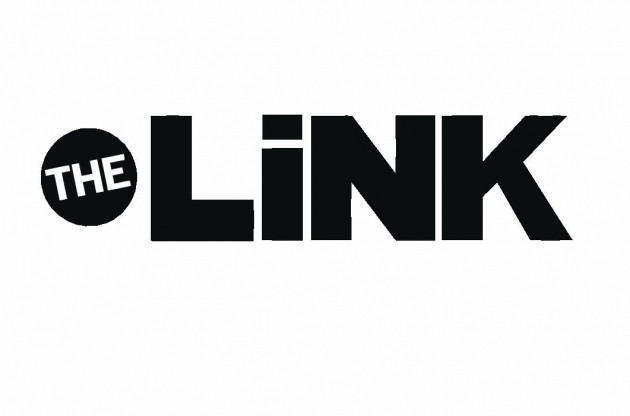We’re 25th! We’re 25th!
Concordia Slips a Spot in Maclean’s University Rankings
Much has happened at Concordia in the past year. A president left under mysterious circumstances, setting off a massive overhaul of the governance system. A new academic plan was introduced that will chart Concordia’s next five years. Students and professors alike have won awards, published papers, and made advances in their fields.
And yet, Concordia has barely moved in one particular place: the annual rankings of Canadian universities in Maclean’s magazine, which has Concordia at number 25—one spot lower than last year.
While McGill placed second behind Waterloo, the next highest Quebec university was Sherbrooke at ninth. Université de Montréal was 17th, followed by Concordia; UQAM finished in the 39th spot.
During a meeting with campus media, Concordia’s Director of the Institutional Planning Office Bradley Tucker argued that not only do the Maclean’s rankings have a minimal effect on enrollment, but are based on a flawed methodology—as the rankings are largely based on a survey of university administrators.
“If university administrators see this survey as high stakes, there is reason for them to subconsciously mark their university higher than other universities,” he said. “They know it’s going to get published in October of every year and I don’t know that there are any checks to ensure [that self-aggrandizement doesn’t happen.]”
Tucker also pointed out that only 21 per cent of Concordia students had cited Maclean’s as a source they’d consulted for making a decision on a university in a survey.
Underfunding was one contributor Tucker also used to explain the low ranking of Quebec’s universities. He referred to a study done by the Conférence des recteurs et des principaux des universités du Québec that indicated Quebec’s universities are underfunded by $650 million per year.
He would not tie a better performance in the rankings to the planned tuition hikes, however.
“I would suggest that the rankings of Quebec universities will rise with time,” he said. “I believe that financing can help, but it’s not the only thing that’s going to help.”
Tucker stressed that students pick Concordia because of the programs offered and that he did not expect next year’s enrollment to be affected by the ranking.
In addition, he argued that while Concordia’s governance issues over the past year have attracted negative attention locally, they would probably not influence a national magazine such as Maclean’s.
“We’re in the same place reputationally [sic] this year that we were last year. Does that mean we would have gone up without that [negative attention]? I don’t know.”
While Concordia did not fare well in Maclean’s, The Globe and Mail was much kinder.
In its Canadian University Report released on Oct. 27, the Globe gave Concordia a B grade in terms of student satisfaction. Only four universities in the ‘Large’ category outpaced it, and the mark was good enough to tie McGill.
ConU also got decent grades from its students for its student-faculty interaction, instructors’ teaching styles, class sizes, city satisfaction, environmental commitment, information technology, libraries, and academic counselling—though it rated particularly poorly in terms of its reputation with employers.


_600_832_s.png)

__600_375_90_s_c1.jpg)
__600_375_90_s_c1.jpg)
__600_375_90_s_c1.jpg)